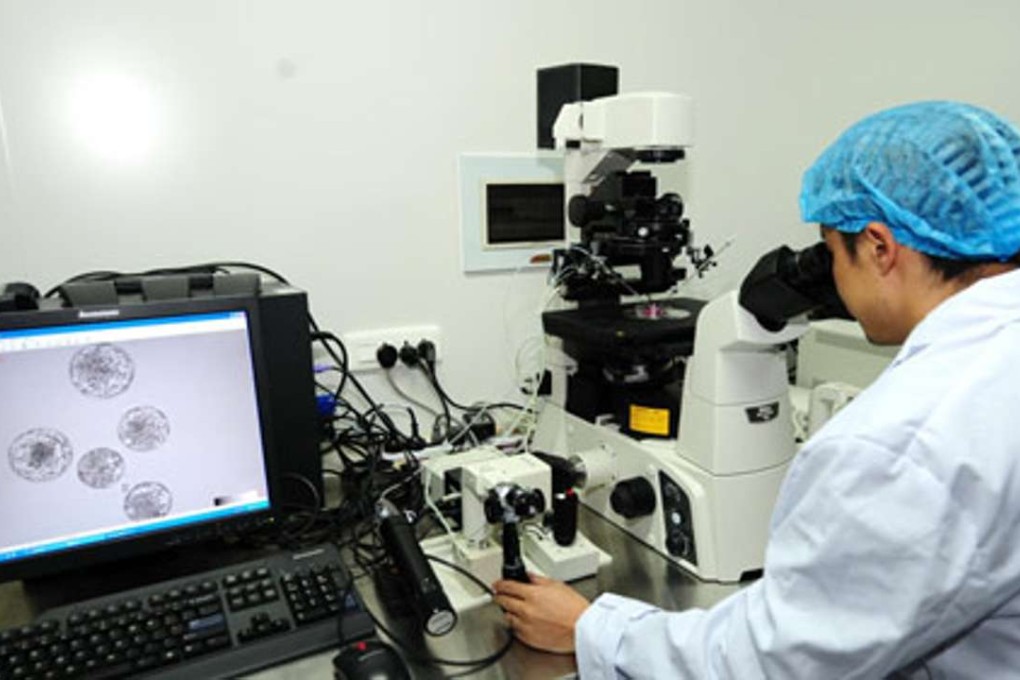Government checklist of what people in China should know about science contains errors, say researchers
Eight scientists say in public letter some of the guidelines are inaccurate or mention ideas in traditional Chinese culture that run counter to scientific knowledge

Eight scientists in China have publicly criticised a government checklist designed to be a national benchmark to test the public’s basic knowledge of science.
The scientists said some of the information given in a document compiled by government agencies was inaccurate or promoted ideas from traditional Chinese culture that run counter to scientific knowledge.
These included philosophical ideas about yin and yang, opposite forces said in Chinese culture to be at work in nature.
Hong Kong not nurturing its scientists or their research, says winner of Croucher Innovation Award
The checklist was compiled by the Ministry of Science and Technology and the government’s Central Propaganda Department.
It is part of a plan to carry out regular surveys on the scientific literacy of Chinese citizens.
The document, to be introduced as the benchmark guiding people on their level of scientific knowledge, contains 132 knowledge points, divided into 23 sections, including physics, chemistry, astronomy and health.
Eight scientists from the Chinese Academy of Sciences, the country’s top scientific think tank, published a joint letter online over the weekend calling for the guidelines to the be revised.
One “serious mistake”, according to the scientists, was the description of the relationship between force and motion.